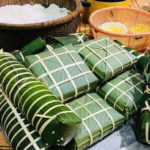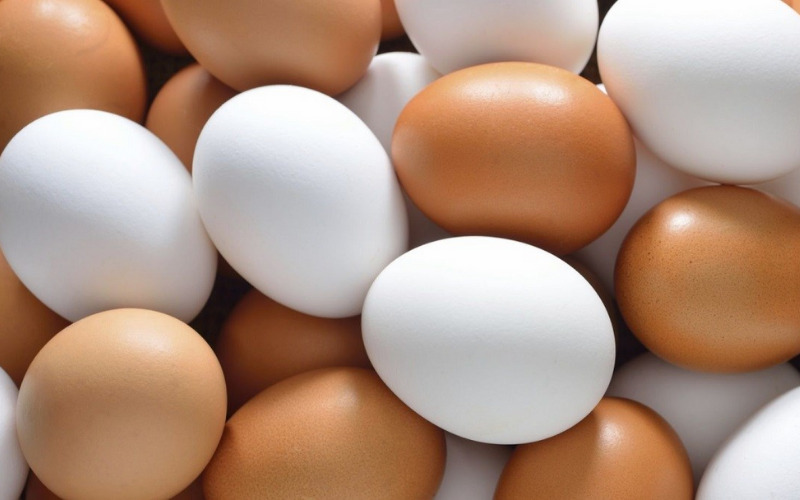 Are free-range chicken eggs really more nutritious than industrial eggs?
Are free-range chicken eggs really more nutritious than industrial eggs?
Eggs are one of the best sources of protein, containing various vitamins and a small amount of healthy unsaturated fatty acids.
Many people believe that free-range chicken eggs are more nutritious and healthier than industrial eggs. However, nutrition experts have refuted this claim, stating that it is completely untrue.
The nutritional value of an egg is determined by the farming methods used. Therefore, if industrial chickens are provided with sufficient nutrients through their feed, their eggs can be just as nutritious as those from free-range chickens.
1 Nutritional Comparison
According to Mr. Trung Tin, a specialist in genetics working for Hy-line in the US, “The nutritional content of an egg is primarily determined by its diet, water intake, care, environment, etc.”
The nutritional composition of free-range and industrial chicken eggs is more or less the same, with no significant differences.
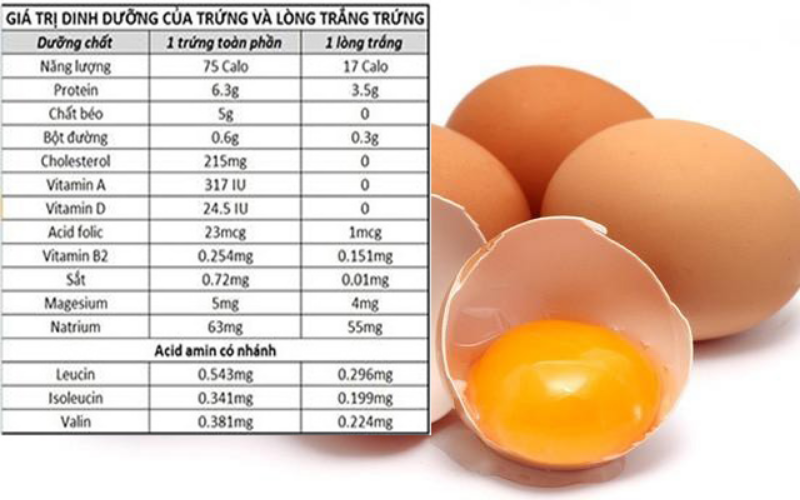 Nutritional value of egg yolk and egg white
Nutritional value of egg yolk and egg white
However, it’s important to note that the nutritional content of free-range chicken eggs can vary depending on the environment in which the chickens are raised. If the chickens roam and feed in an environment containing toxins, those toxins may end up in their eggs.
2 Food Safety
Free-range chickens are typically allowed to roam and feed freely, which makes it more challenging to ensure their hygiene compared to industrial chickens (unless they are farmed industrially).
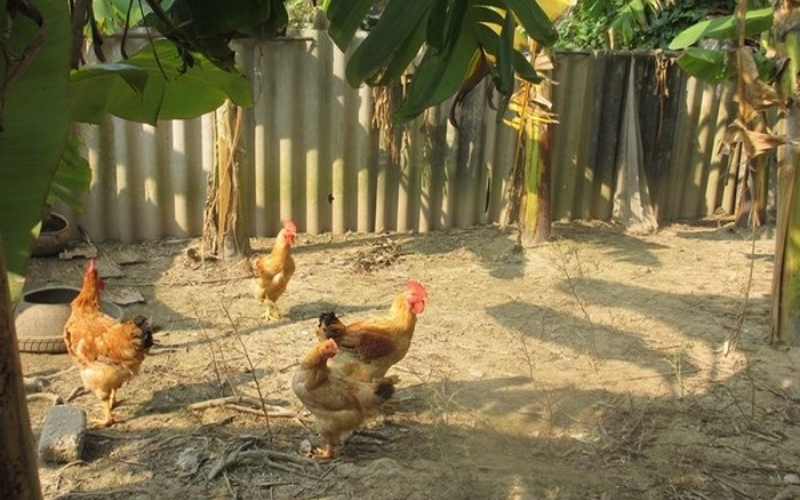
Additionally, many large-scale Vietnamese enterprises now produce industrial eggs using fully automated and closed-loop technology, ensuring absolute food safety from the selection of breeds, farming processes, cage hygiene, feed sources, packaging, and disease control.
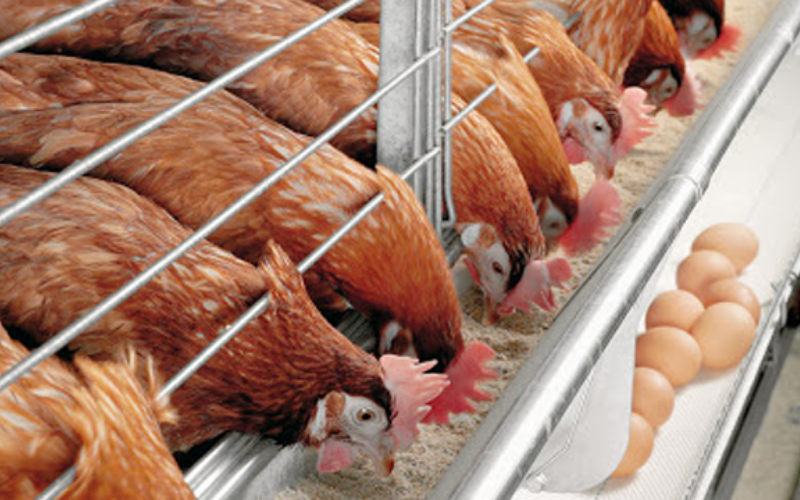
Mr. Trung Tin further emphasized, “To distinguish and buy truly clean eggs, you need to be a wise consumer who knows how to choose products with clear origins.”
Here are some simple methods to identify clean and unsafe eggs:
- Clean eggs tend to have a darker color.
- When touching the shell of a clean egg, it feels rougher and harder.
- After cracking an egg into a bowl, the yolk and white remain separate. Notably, clean eggs have a fishy smell, and it is difficult to separate the egg white from the shell.
- When holding an egg up to the light or against the palm of your hand in sunlight, the yolk of a clean egg appears round and centered, while the yolk of an unsafe egg tends to be off-center.
In conclusion, the advice for homemakers is to focus on the organic nature and origin of the eggs rather than their color or outdated beliefs about the superiority of free-range eggs.
8 Common Mistakes People Make with Cutting Boards
Are you using your cutting board correctly? Many Vietnamese households rely on cutting boards in their kitchen, but not everyone knows how to use them properly, especially when it comes to wooden cutting boards. Check out these 8 mistakes to avoid when using a cutting board to ensure both hygiene and safety for everyone in your family.
Is Refrigerated Leftovers Linked to an Increased Risk of Cancer?
Dr. Lam Van Man, Head of Research, Development and Technology Transfer Department of the Institute of Safety Food, has warned of the risk of food poisoning when reheating leftovers from the refrigerator. But what should we be aware of when it comes to the possibility of these leftovers causing cancer? Here, we explore what the experts have to say on the matter and offer some tips for safe eating.
Preserving Leftover Food from the Tet Holiday
With the beginning of the Lunar New Year, many households are stocking up on food to celebrate the festive occasion. While keeping food in the refrigerator is convenient, it can also be harmful to users if not done correctly. We have compiled a few tips to help ensure food remains fresh and safe to consume during Tet.


























